In the months leading into the milestone moment of Madison Keys career in Melbourne, the Australian Open champion made a couple of monumental decisions in her life.
Watch every ball of The 2025 Women’s Ashes Series LIVE with no ad-breaks during play on Kayo | New to Kayo? Get your first month for just $1. Limited time offer.
One was to break a commitment to a treasure that, while serving her well for many years, had left her shy of fulfilling the major potential identified in her well over a decade ago.
Keys had played with Wilson racquets for well over a decade before picking up a Yonex and deciding it was worth a late-life gamble (from a tennis perspective) to make a switch.
The other was to make a lifetime commitment to another treasure who had been alongside her for many years and served as a crucial support in her quest for greatness.
She and former professional Bjorn Fratangelo, who defeated Dominic Thiem to win the Roland Garros boys title in 2011, dated for seven years before marrying in November.
In short, the American ditched the racquet brand she had been using for many years and got hitched to the boyfriend she had been dating for many years as well.
Now she has a legacy-defining triumph. Having defeated world No.2 Iga Swiatek in a thriller on Thursday night, she edged the world’s best player Aryna Sabalenka in a classic.
This is the season of her life on and off the court. And what a season it has been.
With a maiden grand slam title clinched with an enthralling 6-2 3-6 7-5 triumph over double-defending champion Aryna Sabalenka, her best may yet be to come.
SLAM GLORY UNLOCKED: Keys ends Aussie queen’s Open reign for first major title
REAX: Despair, anger from ex-Aus Open champ stuns fans… then perfect speech wins them all back
‘THIS IS WHERE I’M GONNA CRY’: AO champ melts hearts, has husband in tears with winning speech
And her best tennis is brilliant, as she demonstrated in her superb triumph over Sabalenka, who said; “If she can play consistently like that, there is not much you can do. She just played incredible.”
“If she can continue playing the way she did today, she can be in the top five,” Sabalenka said.
Fratangelo, who has been coaching Keys along with his husbanding duties, sensed that all his wife needed was a few minor tweaks in order to be able to challenge for major titles.
“She’s obviously done it her way for so long. It’s just brought her great success and an amazing career,” he said.
“I just thought, ‘OK, if we make a few changes and some subtle tweaks here and there, maybe being 15 in the world turns to 10 and 10 can turn to eight, then all of a sudden you are in the mix and you are being talked about again, like she is now.
“She’s pretty raw. (She has) a lot of power (and) a lot of ability. (She doesn’t have) a shot that, really, you would say, ‘Oh. That’s weak.’ She has everything.
“I’ve always said that ‘You have all these tools to use, but you just have to know which ones to use at which times.’ I think she is starting to understand what to do in what moments.”
Keys joins Evonne Goolagong, who presented her with the Daphne Akhurst Memorial Cup, Mary Pierce and Li Na to beat four top 10-ranked players on the way to a major title.
This will be a popular triumph, for Keys is a favourite in the locker-room for her demeanour and her ethics, having spearheaded a push against social media abuse players receive.
“I have really grown up on the tour. I’ve grown up with some other amazing people on this tour. Some of my closest friends also play,” she said.
“I think we all are very good at cheering each other on. Their wins feel like our wins. So to be in the position of actually winning and them getting to be the cheerleaders, it feels really nice just because after all these years, watching all of my friends do so well, it has always felt like a win for me. So I’m happy that I can repay the favour.”
It is a victory for resilience. During the trophy ceremony she touched on the despair she felt last year when a shoulder injury forced her to miss last year’s AO Open.
“I think dealing with some of the injuries I dealt with last year really forced me into some changes and it made me have to stop being stubborn (and to) listen to my husband,” she said.
“It pushed me to get a little bit uncomfortable and be OK with that and I feel like buying into that and being OK with that and, honestly, just starting to expect that, it set me up to start playing some really good tennis.”
She also reflected on the difficulty of her only other grand slam final when expectations got the better of her in an all American final against Sloane Stephens in New York in 2017.
“I think during that match, I was so consumed with being nervous (about) the moment and the opportunity, and all of that, that I never really gave myself a chance to play,” she said prior to the final.
“I think the big thing for me has just been knowing that there are going to be a lot of moments where I’m uncomfortable in the match. It’s going to be stressful. You have thousands of people watching you. You might not be playing your best tennis.
“But instead of trying to shy away from that and search for settling or comfort or anything, just being ‘OK. That’s the situation’, you can play tennis through that.”
Another key, she said, was learning to accept that her success as a player and person did not rest on her ability to win a major. Extensive counselling sessions helped her understand what her true value was.
“The stigma around therapy in general, not just in sports, I think is slowly starting to go away. I think that everyone should be in therapy, no matter what. I think it helps,” she said.
“I think no matter what’s going on in your life, you’re going to have moments where things are tough and you need someone to talk to. I think it’s very important.
“It’s something I will continue to do for the rest of my life. I think if more people do it and more people talk about it, then it just kind of becomes the norm. It’s almost as if you’re going to the doctor. No one bats an eye at that.”
Her triumph underscores the importance of patience when assessing players as well. Rushing to judgement on a bad result is often fraught.
Keys turned professional 15 years ago at the age of 14. She was a semifinalist in Melbourne in 2015. But the biggest moment of her career did not come until her 46th grand slam.
It was achieved through incredible ball striking. It has long been a joy to watch Keys practice, for her timing is the sweetest this reporter has seen. Her power is achieved with a rare ease.
After a brilliant start characterised by the quality of the American’s serving and Sabalenka’s struggle to settle, the world No.1 eased back on the throttle and used her drop shot with great effectiveness to snare the second set and set the stage for a thrilling conclusion.
They both delivered, with the calibre of the ball striking and the winners the pair hit of the highest echelon until Keys pounced with a magnificent returning game to clinch the title.
Sabalenka had enjoyed success when kicking her serve wide to the Keys backhand on the advantage court, but at 0-15 when serving to force a super tiebreaker, the American rifled a blistering backhand winner that broke open the opportunity for her.
With a forehand flourish three points later, the major title she had coveted was hers. In most matches that Sabalenka plays, the result hinges on her racquet. In the final, it was on the new racquet of Keys and it did not let her down.
“Definitely one of the things that I’m most proud of (was) being able to at the end just kind of (finish it off),” she said.
“I almost felt like I was trying to beat her to it. If I wasn’t going to go for it, I knew she was going to. It really kind of just pushed me to kind of thread the needle a little bit more.
“I just kept telling myself, ‘Be brave. Go for it. Just kind of lay it all out on the line.’ At that point, no matter what happens, if I did that, then I could be proud of myself. It just made it a little bit easier.”
Maiden Slam winner claims Aus Open! | 01:02
THE GRIND BEHIND GERMAN’S BREAKTHROUGH BID… AND LOOMING HISTORY FOR WORLD NO.1
Alexander Zverev was back at it again after dark over the past week at Melbourne Park.
The German slugger, who will vie for his first grand slam title when he tackles defending champion Jannik Sinner on Sunday, has adopted a post-match habit in recent months.
The post-match handshake, from his straight sets defeat of Lucas Pouille to start the Australian Open through to the abrupt end to his semifinal against Novak Djokovic, does not end his day.
Instead it has been just part of a rigorous workload aimed at making him a champion, a program devised while burning with disappointment after a US Open loss to Taylor Fritz.
Since appointing Andy Murray’s former fitness coach Jez Green as his physical training boss, Zverev has been putting in additional hard yards in a bid to bridge the gap.
The after hours training sessions on court with his elder brother Mischa, a quarterfinalist at the AO in 2017, and his dad Alexander Zverev Snr, have him primed for Sunday’s tilt.
“I’ve made no secret about it. I was very frustrated after the US Open. I was very disappointed with myself, with my performance, and how I played there,” Zverev said.
“My goal is still to compete with the big guys and to compete in these kinds of tournaments and try to win them. For that, I need to get better. I need to improve on the court. I need to improve physically.
“That’s why I kind of said to the end-of-the-year tournaments, yes, I’m going to play them, but I’m going to play them also to improve and to try to become a better tennis player.
“I was still practising through all the tournaments. I was still doing quite a lot of physical training through the tournaments, as well, for these kinds of moments, for grand slams and hopefully to be able to lift these kinds of trophies.”
Fans chastised for booing Novak Djokovic | 04:01
Zverev is inspired. And Sinner is seeking history. But for a decider with much at stake, the prelude to the Australian Open men’s final that caps a record-breaking tournament in Melbourne given the mammoth attendances has been somewhat subdued.
What makes this even stranger is that the finale pits the world’s top two men, by ranking, in defending champion Jannik Sinner and German star Alexander Zverev against each other.
It is the 12th time in the Open era this has occurred in Melbourne and it would be a dream outcome for the tournament in almost every edition. Given the form of the combatants over the fortnight, it could well prove a compelling final as well. One dares to dream.
But from the white elephant hanging over the pair to the dramas elsewhere, the discussion has been on other matters preceding a final in which Sinner is seeking to join some greats.
Should the world No.1 win a third grand slam title on Sunday night, he will become the most successful Italian player in history, though his resume suggests this is already the case.
A victory would see him join Andre Agassi, Roger Federer and Novak Djokovic as the only men to successfully defend an Australian Open title this century.
He would also join Jimmy Connors, Bjorn Borg, Stefan Edberg, Gustavo Kuerten, Federer, Stan Wawrinka and Alcaraz as the men to win their first three grand slam finals.
If it is not already the case, the 23-year-old will definitely be walking in the company of giants if successful on Sunday night.
Zverev, meanwhile, has surpassed one record held by the great Boris Becker already in Melbourne over the past fortnight, but it is not one that matters to him at the moment.
The world No.2 is seeking to avoid the ignominy of falling in his first three grand slam finals after losses to Dominic Thiem in New York in 2020 and Carlos Alcaraz in Paris last year.
To suggest the 27-year-old has had chances in both finals is an understatement, for they went the distance. The first loss gave him nightmares, while the second was a superb final.
With no German having clinched a major title since the legendary Steffi Graf at Roland Garros in 1999, this shapes as Zverev’s best chance to snap the drought despite Sinner’s strength.
Sinner makes AO final in straight-sets | 02:26
Why, then, has this final received less attention than might usually be the case when the two top seeds meet? Djokovic, in part, is responsible given he is an omnipotent presence here.
The Serbian legend is on the way home with his immediate future clouded, but his impressive defeat of Alcaraz in a quarterfinal and his withdrawal in a semifinal due to injury against Zverev have drawn a significant amount of the spotlight over the past four days.
The other element is less savoury but it is a factor given the spotlight on the combatants is not on the quality of their tennis on court, but in matters that have drawn them to court.
It is now almost 10 months since Sinner tested positive for the steroid Clostebol at Indian Wells. He was initially cleared of a doping breach after it was deemed the banned substance came from a cream his physiotherapist had used to treat a cut on his hands.
While Sinner has strenuously denied any wrongdoing, WADA has appealed the finding to the Court of Arbitration for Sport, meaning a cloud still hangs over the head of the superstar.
His coach Darren Cahill said he could not be prouder of the way Sinner has dealt with the allegations that he has sinned, with his belief unshaken on the court despite the drama.
“Nobody’s bulletproof. I think we all have moments when it gets to you a little bit, as well,” he said.
“(But) I think to a large extent he finds playing tennis matches to be his safe place. That’s where he can go and do his thing and feel like this is what he knows, this is what he understands, what is what he’s good at. It became a home for him to step on to the court and play tennis.
“There’s been a lot of pressure around him for the last nine months now, since April last year. He deals with it as well as anybody that I’ve ever seen deal with pressure. He’s an amazing young man that’s been able to put that to one side.
“Part of the reason (is that) his conscience is clear, you said. He has a clear conscience with what’s going on. That’s the main reason he’s been able to go onto the court and walk tall and have that belief and play with the confidence that he has, because he has a clear conscience.
“What will be will be. We don’t know what’s going to happen, but he can always hold his head up high and be proud of what he’s been able to achieve. I know that the people back home in Italy can be damn proud of him, as well.”
Zverev, meanwhile, has been accused of domestic abuse by a former girlfriend and also the mother of his child.
He has strenuously denied the allegations but did settle a case last year, while lawsuits associated with other matters related to the publication of the allegations continue.
Sinner amusingly roasts Aussie coach! | 00:42
WHY ZVEREV CAN BELIEVE IN A BREAKTHROUGH
That aside, when both men stride on to Rod Laver Arena on Sunday night, the focus will be purely on the match at hand and it shapes as an intriguing battle for a number of reasons.
It is indisputable that Sinner has been the premier hard court player in the world for almost 18 months dating back to his dismissal of Alex de Minaur in the Canadian Open in 2023.
In 2024 alone, he won more titles (eight) than matches that he lost (six) in compiling a season that would automatically earn him entry into the International Tennis Hall of Fame.
From the dramatic breakthrough in Melbourne last year, when he overcame a two set deficit to run down Daniil Medvedev, to claiming his second major crown at the US Open in September, and on to Davis Cup successes and an ATP Tour Finals title, Sinner enjoyed a remarkable season. On hard courts his record finished at 50-3 and he has not let up so far.
When it was put to Sinner that he deserved favouritism, he disputed the suggestion.
“It’s going to be a tough match for both of us. It’s going to be physical, for sure. Then we (will) see, no?” he said.
“I think he played some incredible tennis to go to the final. It’s tough to say who is the favourite, in a way, because everything can happen. These are all questions we are going to get answered Sunday. It’s very difficult to talk today in advance.”
Zverev, who has done a stirring job to return to a position of prominence after suffering an awful ankle injury at Roland Garros a couple of seasons ago, has reason to believe he can upset his rival on Sunday night.
He leads their head-to-head 4-2 and has also enjoyed success against him on hard courts.
After losing their first outing at Roland Garros in four sets in 2020, the angular German outgunned his rival in four subsequent meetings, including twice at the US Open.
Gadecki & Peers win all-Aussie final | 01:09
Even last year, amid Sinner’s sizzling run on hard courts, Zverev properly tested him in a scintillating semifinal of the Cincinnati Masters clinched by Sinner 7-6 (9) 5-7 7-6 (4).
“I think Jannik has been the best player in the world for the past 12 months,” he said.
“There’s no doubt about it. (He has) won two Grand Slams. Has been very, very stable in those regards. So (he is) definitely one of the best players in the world.”
Zverev often self-sabotaged his hopes early in his career at grand slams, becoming extended in gruelling matches that left him vulnerable in the latter stages of events.
He is still working hard off the court. But this has been a far smoother path to the final.
Sinner, on the flip side, has struggled when matches have extended the distance and carries a 6-9 record over five sets. It could be the case that the longer the final, the worse it is for him.
But Cahill has confidence that the 23-year-old, whose court coverage is superb, has matured enough to prevail should it be a belter of a final in every regard.
And just 12 months ago he did run down Medvedev in the decider after conceding the first two sets.
“Alexander is older, right? He’s a physical beast. He’s put those years of work into his body. He is a great athlete and has a great five-set record,” the Australian coach said.
“Jannik is improving. He’s getting better physically. He’s somewhat of a late developer with the body that he had and has grown. He’s going to get better as time goes along.
“He’s in the final of another major. He’s proven he’s been able to win five-set matches in big matches at majors. We don’t have any concern that he’s going to be able to run out five sets if it needs to be five sets.
“(The) best player will win. They’re both physically prepared. They’re both incredible athletes. It’s the No. 1 and 2 in the world, so it’s the perfect final as far as the rankings are concerned. (It is) a great challenge for both players.”

























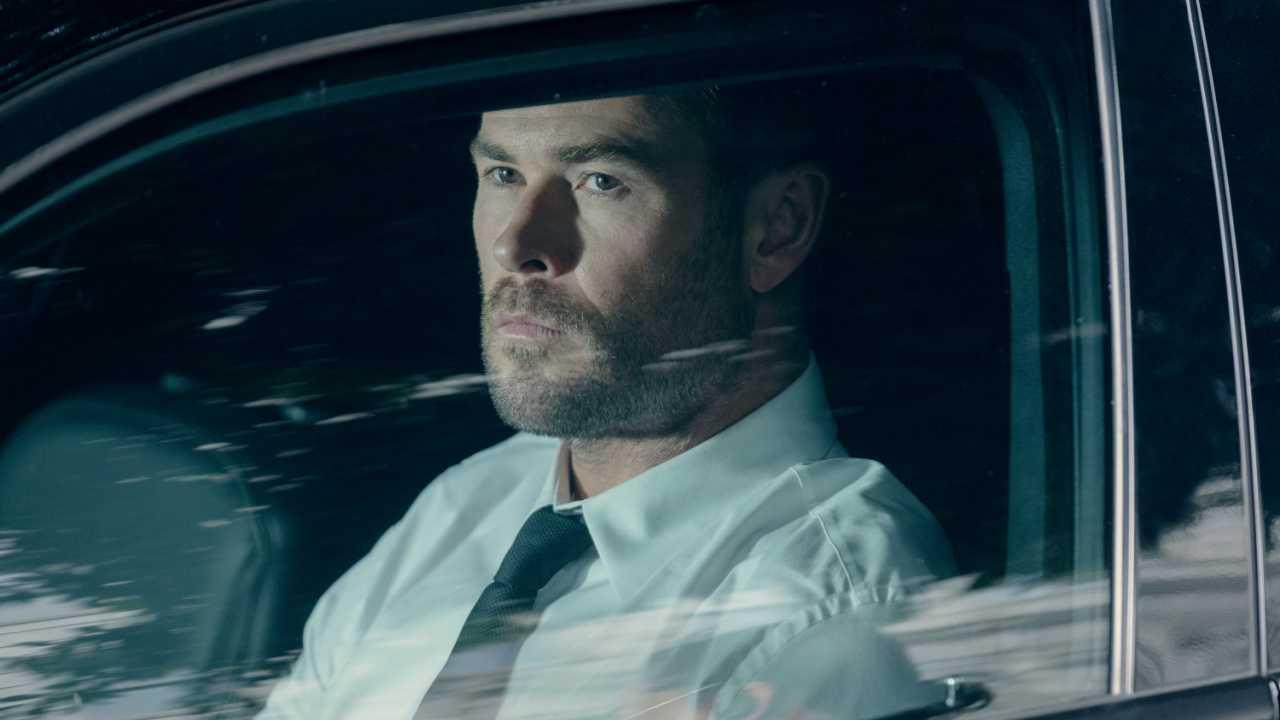
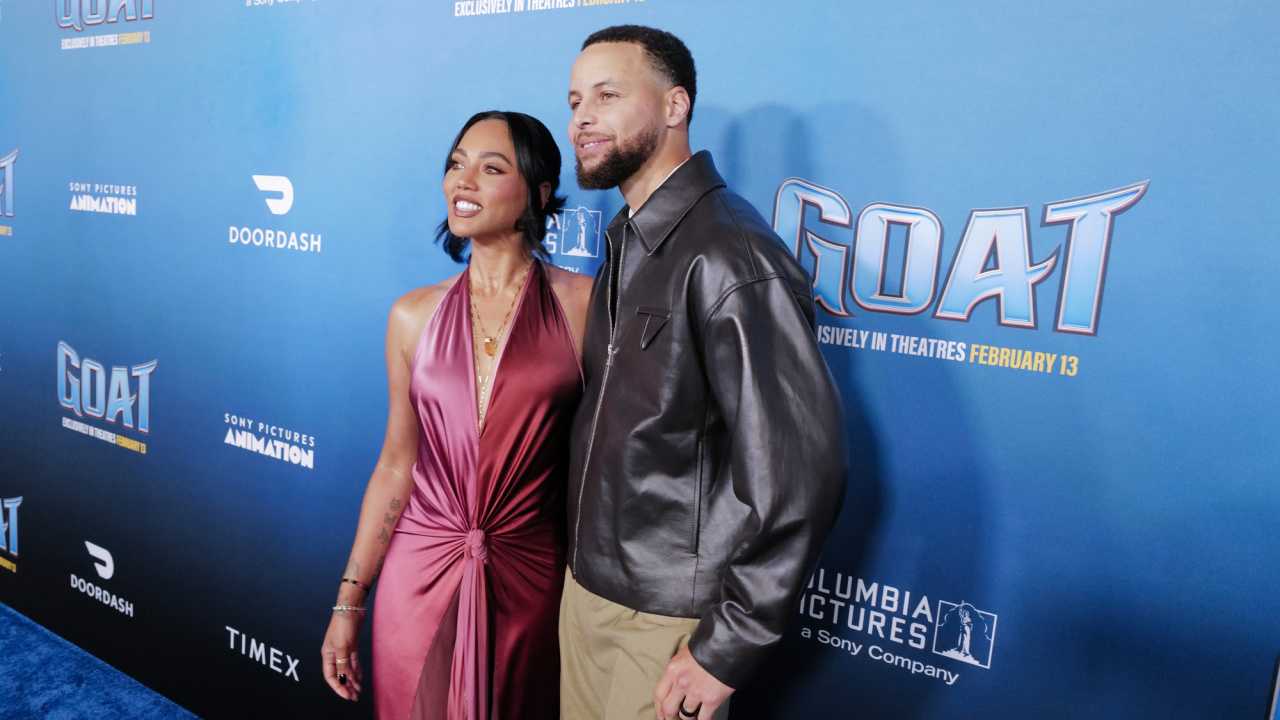
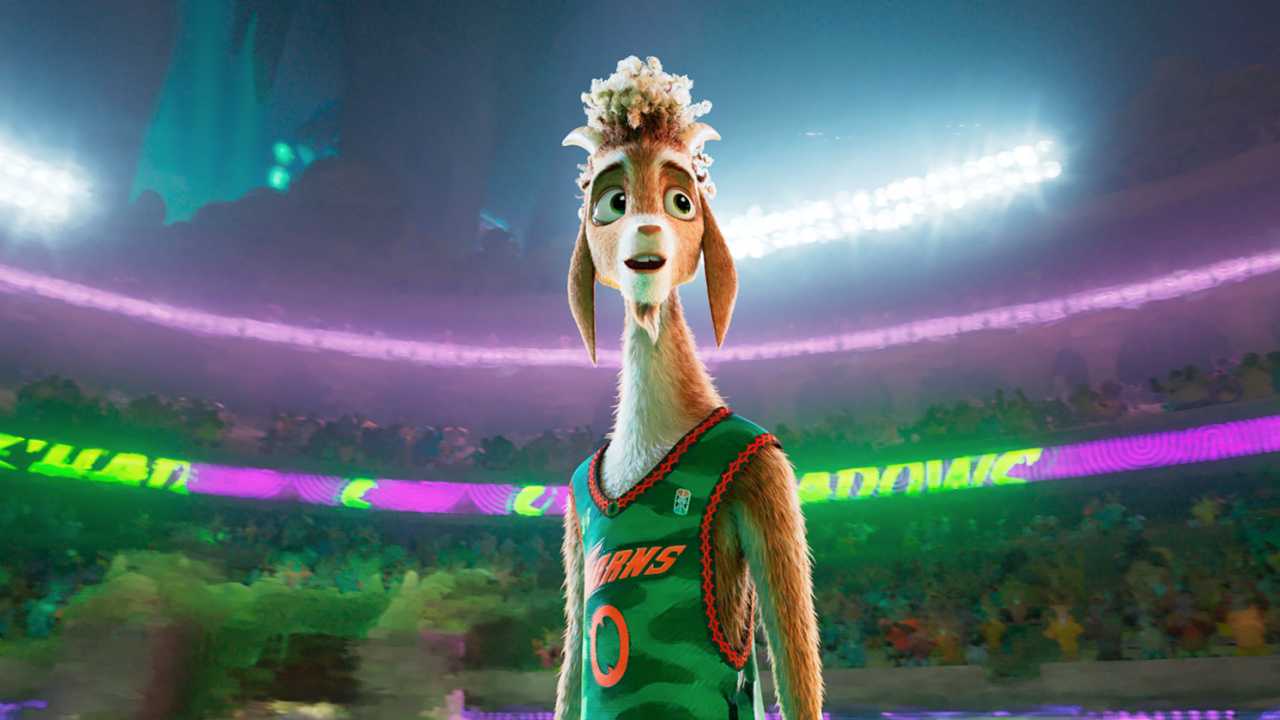
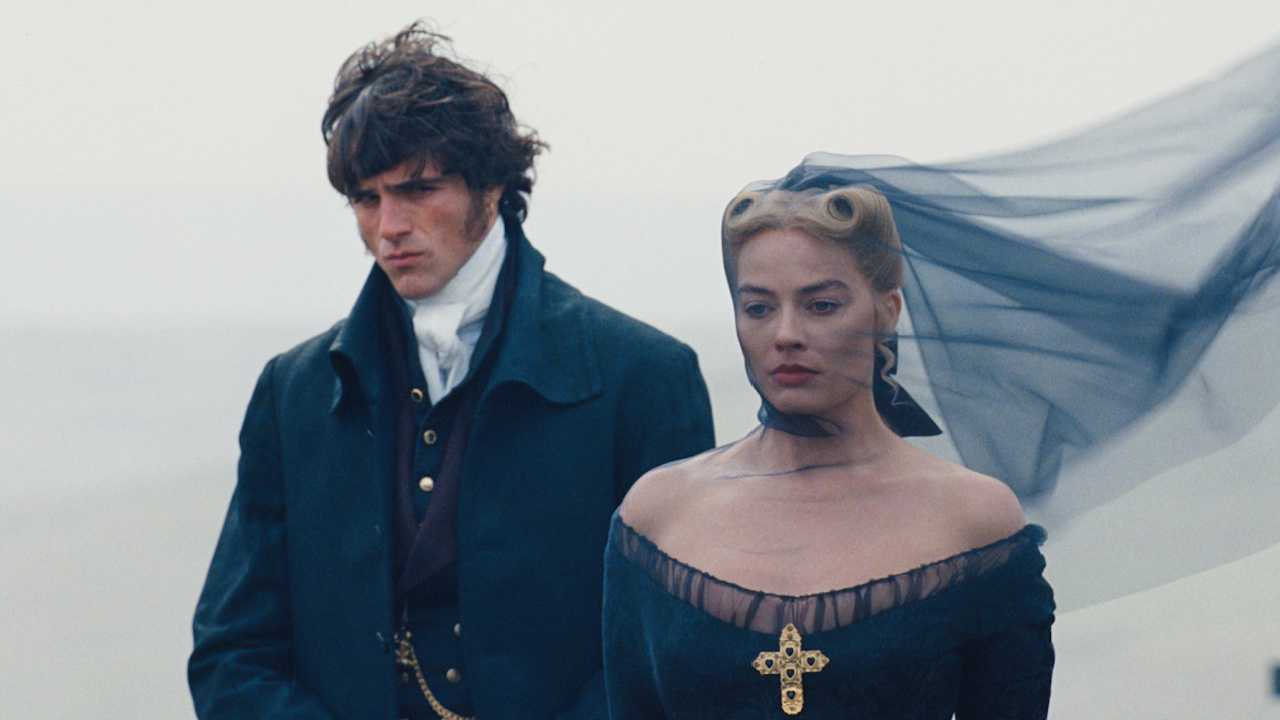
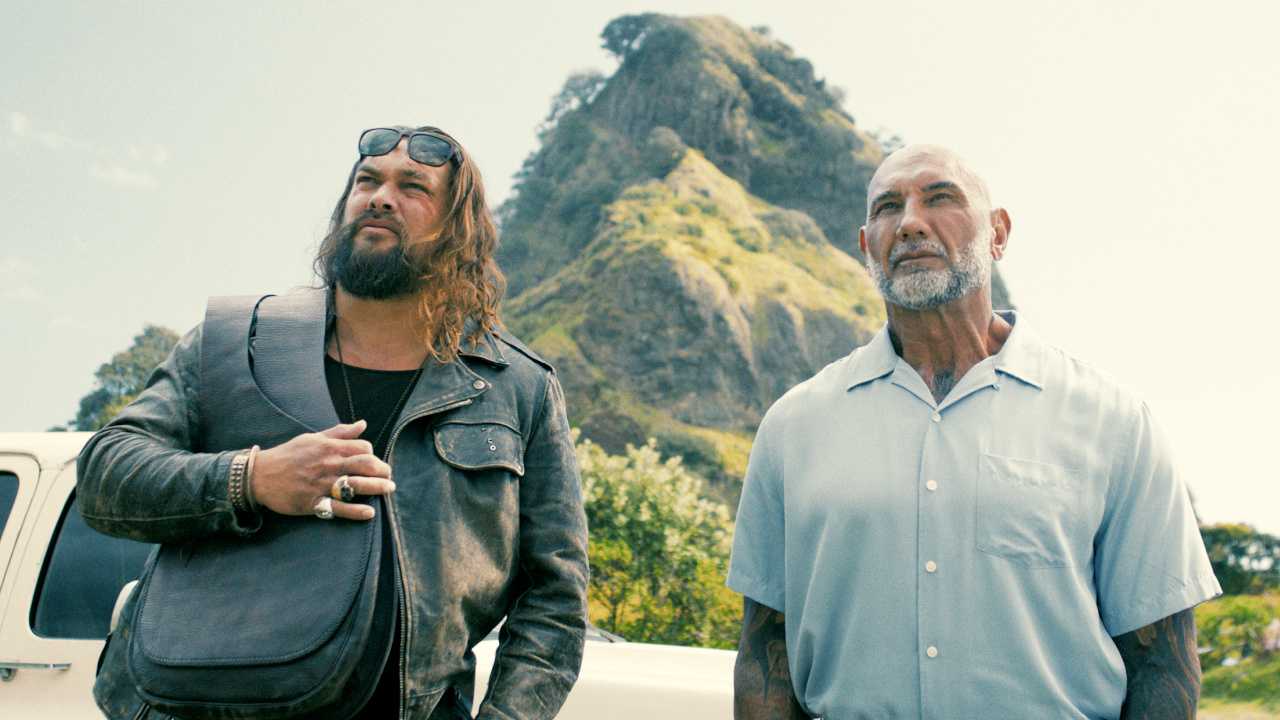
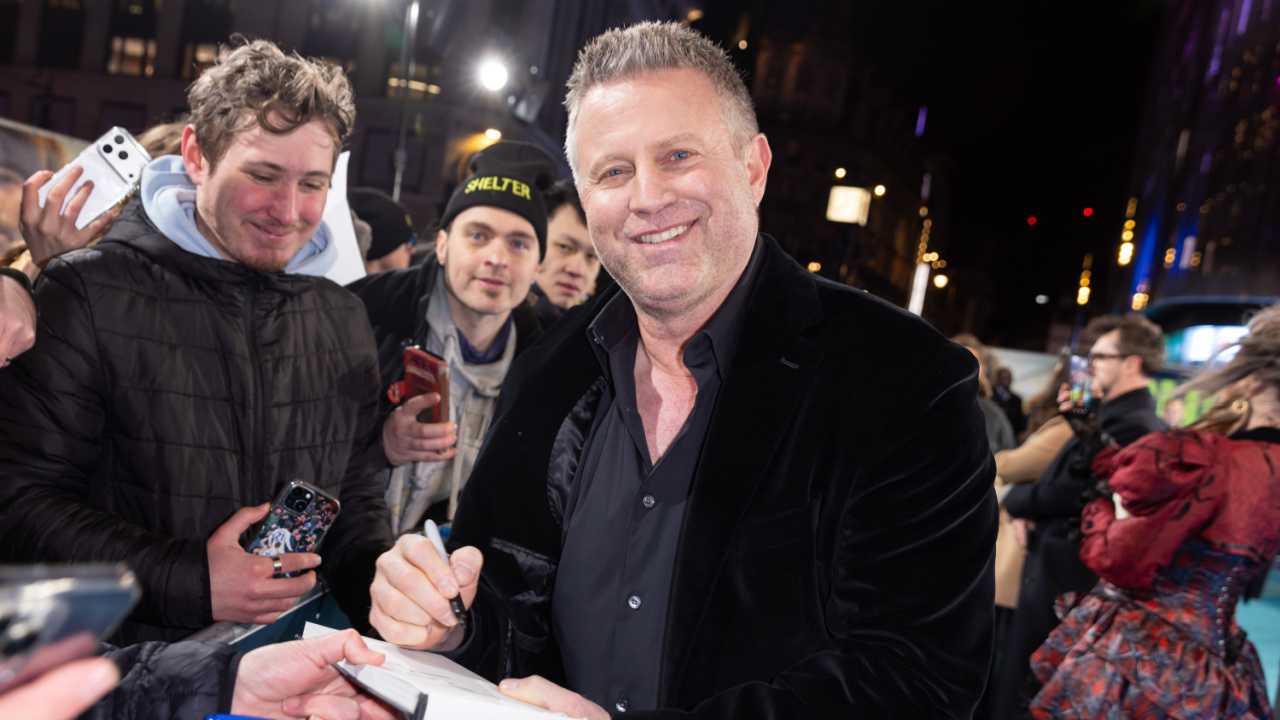

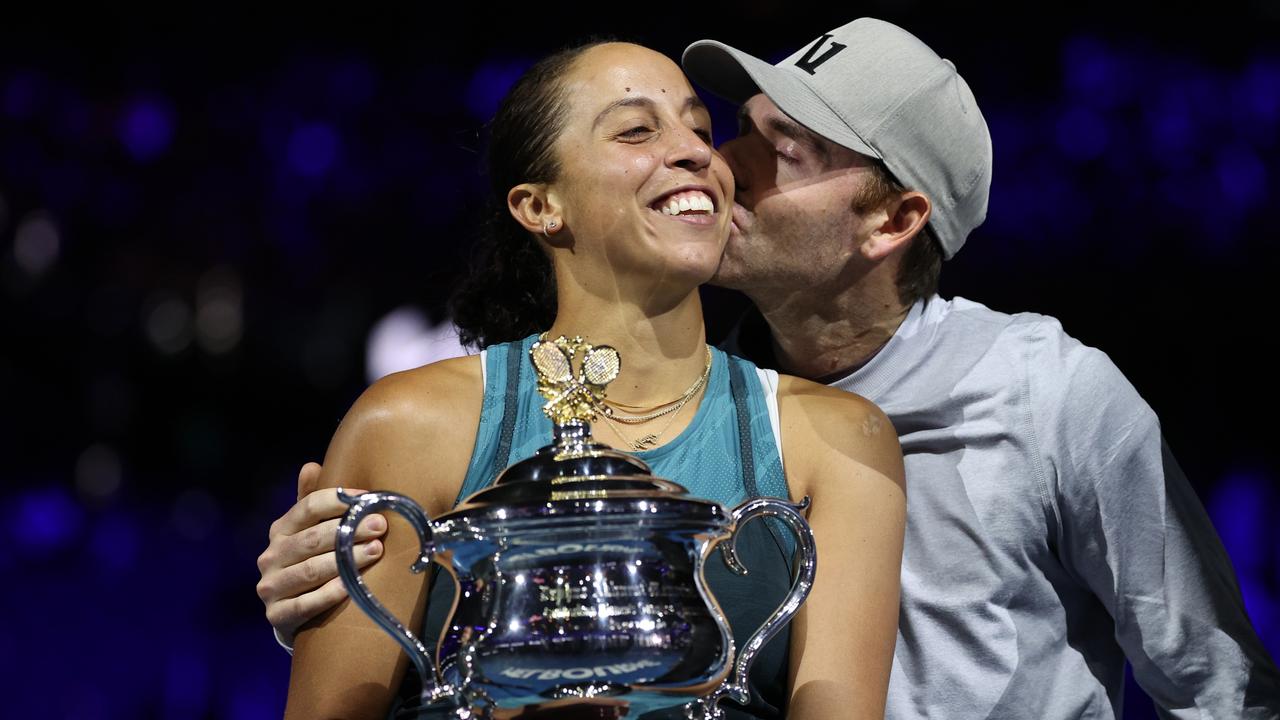
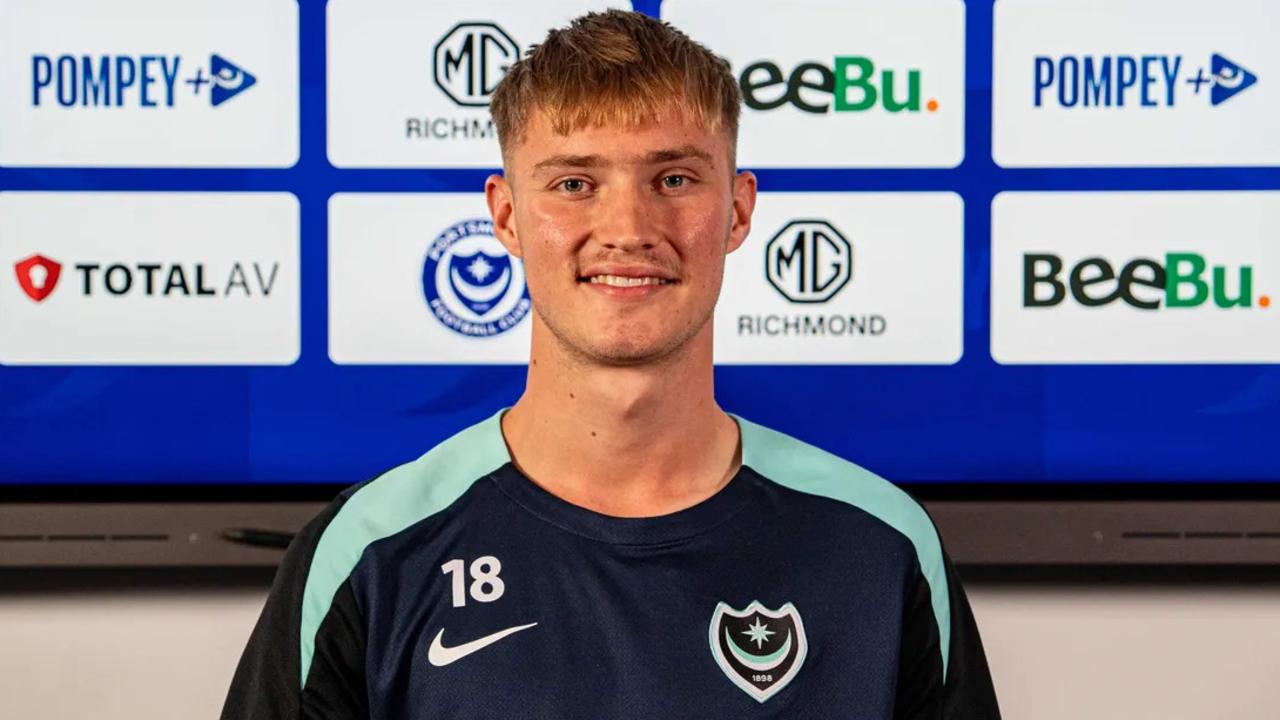



Discussion about this post